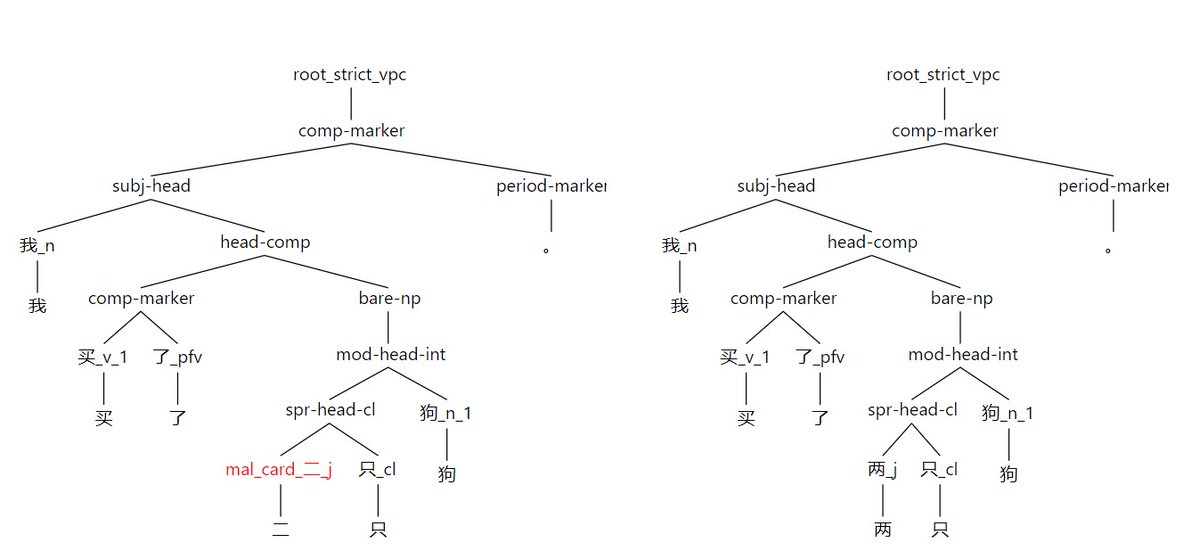
Sinophone Borderlands: Interaction at the Edges
@sinophonee
Research project of Palacky University Olomouc (upol.cz), funded by EU funds (OPVVV). Focusing on interactions between the Sinophone world and other worlds.
ID: 1023639506879229952
http://www.sinofon.cz 29-07-2018 18:40:51
337 Tweet
380 Followers
493 Following

New data📊from Survey created in collaboration with CEIAS: Central European Institute of Asian Studies provide a comprehensive view of Chinese attitudes in a critical period of international relations just after the Russian invasion of Ukraine.



Vyšla kniha Martin Rychlík Dějiny lidí. Pestrost lidstva v 73 kapitolách!🥳 Knihu si už můžete objednat v našem e-shopu a postupně bude k dispozici také v knihkupectvích (v těch našich pražských už je).🙂 Přečtěte si o novince více... academia.cz/dejiny-lidi-pe…


🗺️ Last week @KingsleyEdney visited the Sinophone Borderlands: Interaction at the Edges project at Palacký University in 🇨🇿 🇨🇳 Kingsley met with Richard Turcsanyi to discuss collaborative projects relating to China’s soft power and international attitudes to China. ➡️ Read more here: css.leeds.ac.uk/kingsley-edney…


🇨🇿🇨🇳Czech Republic eyes exit from China’s 16+1 investment club Citing ‘unfulfilled expectations’, Prague considers leaving China’s 16+1 investment club for Central and Eastern Europe. CEIAS Programme Director Richard Turcsanyi comments for Al Jazeera English aljazeera.com/features/2022/…

Žebříčky, lajky, ratingy... V sobotních LN #Orientace píšu o nové knize "Metrická společnost" (Steffen Mau, Karolinum Press) a naší zálibě ve srovnávání a kvantifikaci čehokoliv, o scientometrii i indexech ve vědě. Komentují profesoři Z. Strakoš Matematicko-fyzikální fakulta Univerzity Karlovy a V. Hořejší Institute of Molecular Genetics 🎚️


1/7 What do #Chinese people think about the #US, #Russia, #Japan, #Europe, #Africa, and #Singapore? In our March 2022 #poll, we asked 3000 Chinese respondents such open-ended questions. Here are their most common associations in Kristina Kironska Sinophone Borderlands: Interaction at the Edges thediplomat.com/2022/07/what-d…

#Poll: Global South is not against #China – but likes the #US more. Check out our new report from a public opinion #survey, in partnership with Sinophone Borderlands: Interaction at the Edges, from 15 countries in #Africa and #LatinAmerica (and the #Caribbean)! Main findings in thread: 1/5 ceias.eu/us-china-rival…

Our president Alfred Gerstl and program director Richard Turcsanyi will participate in the discussion at Asia Research Institute - NUS to discuss the role of identity politics in the Indo-Pacific region, also based on our public opinion survey Sinophone Borderlands: Interaction at the Edges. Join us if you are in #Singapore! Ian Chong 莊嘉穎

Stay tuned! Today Richard Turcsanyi and Alfred Gerstl presented at RSIS our upcoming #report from the #survey of public opinion in 15 countries in the #Indo-#Pacific. Coming up shortly :-) Sinophone Borderlands: Interaction at the Edges


Syntactical analysis and computational implementation of Mandarin Chinese Noun Phrases #hobby #vocation #MSCA Marie Skłodowska-Curie Actions



Public opinion in Southeast Asia seems much more favourable towards China than the elites are. David Hutt compares our Sinophone Borderlands: Interaction at the Edges survey with ISEAS - Yusof Ishak Institute elite survey. Ian Chong 莊嘉穎 Ian Storey asiatimes.com/2022/11/china-…

On Monday I am going to talk about #EU-#China and #China-#CEE relations at Harvard University. Join us, or let me know if you are around – happy to meet! Daniel Koss George Soroka Minda de Gunzburg Center for European Studies ces.fas.harvard.edu/events/2022/11…



#SouthKoreans have the world's most #negative views of #China. Using our public opinion #data from 56 countries, we explain why that is the case. Hint: perception of #pollution and #Covid19 play the large roles Esther Song thediplomat.com/2022/12/south-…


A major #update to our #Chinese MFA press conferences #dataset to include #SentimentAnalysis of each question and answer! Besides, another year has been added to cover the 2002-2023 period with more than 30 thousand questions and answers. doi.org/10.7910/DVN/BA… Michal Mochtak

In which countries the #PublicOpinion is more positive towards #China than the #US, and vice versa? This #chart visualizes the scale of the public preferences. See the full publication for more details. Sinophone Borderlands: Interaction at the Edges CEIAS: Central European Institute of Asian Studies


